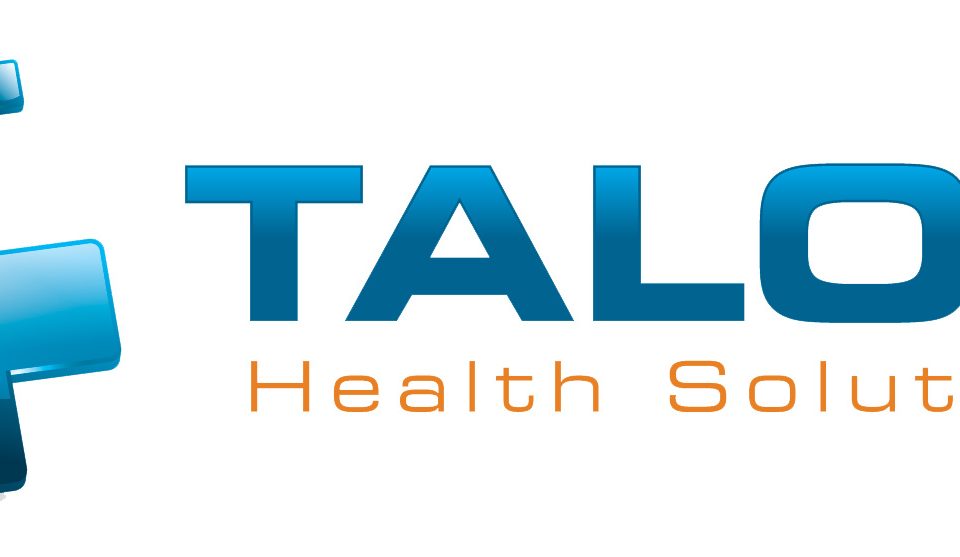Celebrating World Health Day
Do you remember going to a party, a restaurant or a simply grabbing something from a food kiosk and later feeling nausea, followed by fever and other unpleasant symptoms of food poisoning? Researchers have concluded that a person will have food poisoning at least once in their life. World Health Day is celebrated on 7th of April and this year the WHO invites us to reflect on how “clean” we eat, with a campaign named “How safe is your food?”, thus reflecting on the main causes of food poisoning such as toxins and infections.
Food poisoning happened to Georgette (from France) when she was 20, she lied in the hospital for 7 days with Salmonella. She confessed that the first question she asked herself was why was she sick if she ate at a restaurant? Georgette was told she ate infected meat or eggs, drank contaminated water or received it from dirty hands. Consequently, somewhere in this line of events something was “contaminated”.
The medical term for food born diseases is zoonses. These are animal originated food poisoning caused by infectious agents in food containing bacteria such as Salmonella. The process is simple: we eat contaminated food and we get the infection.
Zoonses are infectious diseases caused by viruses, bacteria, fungi or parasites, and animals are their transmitters, being through direct contact or by consuming contaminated food. Most frequently food born zoonoses as Samonella occur in the industrialized world , mainly due to the long trajectory that food passes before arriving on our tables. From this group of disease are also Campylobacter, Yersinia, and Listeria. The European Food Safety Authority (EFSA) indicates that about 75% of the new diseases that have affected humans over the past 10 years have originated from animals or from animal food products. Moreover, the WHO marks that 2 million people die yearly because of contaminated food or water.
Zoonosis caused by direct contact to animals, as for example Q Fever, is present in cattle, sheep and goats. As such, the cohabitation of humans and animals also sets a favorable environment for infectious disease and represents a challenge for healthcare specialists.
Treating animal and human health as a part of the same system was seen as the most appropriate way to prevent infectious diseases. The EFSA voiced this “all inclusive” approach in the “One Health” initiative.
Bringing together human diseases specialists and veterinarians, was the particularity of the 20th Seminar on the Epidemiological Control of infectious disease (CEMI) held at the Pasteur Institute (France) on 27th of March. The eradication of animal infectious diseases was on the agenda of this year colloquium.
The CEMI virtual seminar will be hosted on Talos Health Web Events platform starting with May 28, 2015. More details on this colloquium will soon follow on our Blog.
Much of preventing zoonosis comes from us, as Georgette was informed by her treating doctor thoroughly hand washing, high temperature and proper timing food processing and pets adequate hygiene are the least she can do. Researches drive attention to the pressing need of a better control of food borne zoonosis. Health education, but also mass treatment, vaccination, and new technologies used in monitoring are among the options for a better food-borne disease management.









